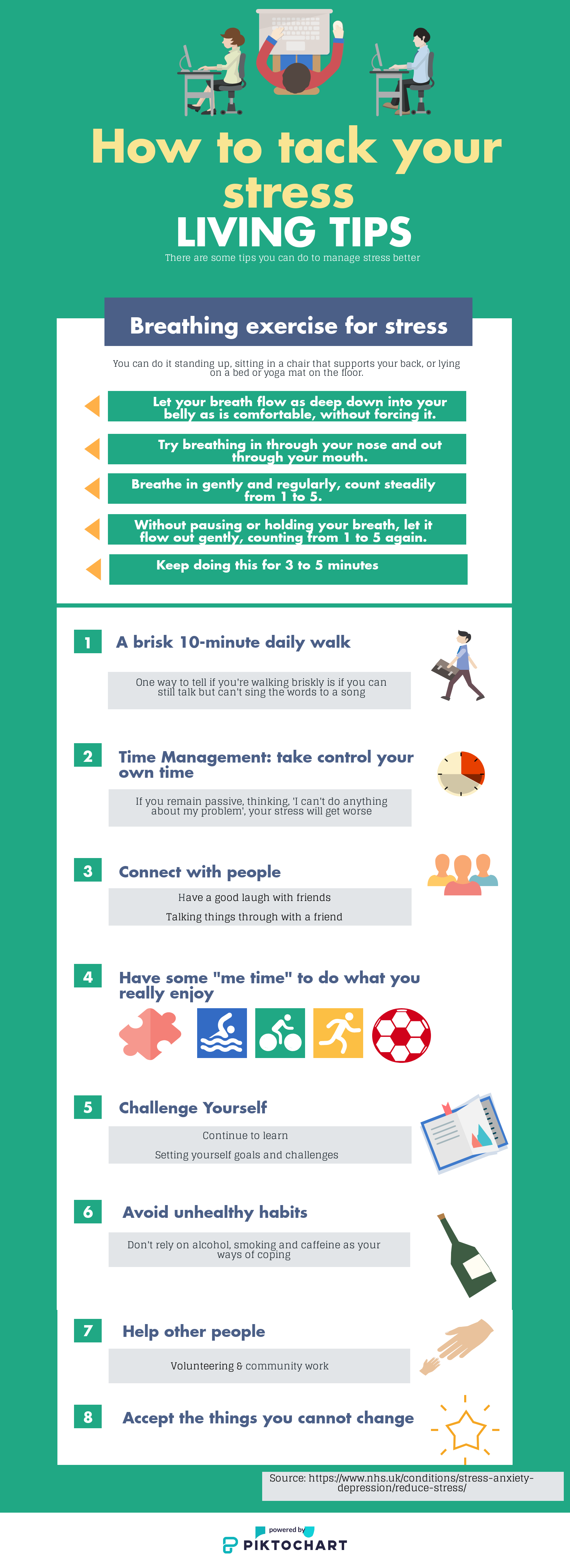This March, an official report revealed that the average working time in 2018 of young adults in Beijing is ten hours per day. What is the impact on young Chinese professionals?

The dreamy and bustling Shenzhen is a sleepless city. At night, the neon lights are shining, wine flows freely, cups go gaily round. It should be the time for young people to head out for a night of fun and entertainment. However, for many young professionals, it is not the sound of music and dance that surrounds their ears, but the tapping of keyboards.
In Shenzhen Nanshan District, the Internet center of this emerging Asian metropolis, is also sleepless. The lights in these office tall buildings still light up every window at the midnight. White-collar workers have to be in high spirits to maintain the vitality of this city.
“I feel work fills in my life. Work is life. Life is work. When I arrived home at midnight, the first thing I did was lying on the bed, I am too tired to do anything, even taking a shower,” said Yiqing, a product planner at Chinese internet giant Tencent, started her work at 10am on Saturday and just stepped out of Tencent’s glorious building at 11:30 pm.
After graduation, 23-year-old Yiqing has worked here for almost two years and already got used to the overworking culture.

This is a common day in Yiqing’s work life as well as other youth in China’s developed cities, namely, Beijing, Shanghai, Guangzhou, Shenzhen. This March, China’s Survey Office of the National Bureau of Statistics revealed that the average working time in 2018 of young adults in Beijing is ten hours per day.
White-collars often cite the phrase “996” to describe their working life — starting work at 9am, leaving at 9pm and working six days a week. Besides it, there are also other phrases such as “10 11 6” and even “9 2 7” to describe different overworking schedule.
Unlike young professionals in China, young workers in the UK could achieve a relatively work-life balance. “Compared to the tremendous pressure of my classmates working in China, I have a lot better life now,” said Zelong Li, a recent graduate from Cass Business School, chose to work in Capital One in Nottingham, while he had other well-paid options in Shenzhen. “I have a social life, I can enjoy rest days. When I chat with my Chinese friends, they thought it is impossible in China.”
The excessive working culture has been complained by China’s employees. This March, anonymous China’s technology workers launched a project named “996.ICU” on Microsoft’s GitHub for anti-996 working culture and the web page has got over 240,000 “likes”. Participants call for a work-life balance and request employers to respect the legitimate rights of their employees.
According to Labour Law of the People’s Republic of China, labours shall work for no more than eight hours a day and no more than 44 hours a week on the average. In terms of the extended working time, if the extension is necessary and could guarantee the health of labours, the extended working hour per day shall not exceed three hours and the total extension in a month shall not exceed 36 hours.
Under the 996-working pattern, employees’ working hours have exceeded such national statutory standards.
Enterprises have broken the 36-hour rule. However, in terms of what consequences the enterprise should suffer, the Labour Law did not say.
Wang Yuping, a lecturer from Xian Jiaotong University of China, School of Law.
In China, if workers want to protect their legitimate rights. Workers can report to the Labour Supervison Group who is responsible for supervising enterprises and labour’s working time. “Labour Supervison Group could give warnings. However, these just belong to administrative approaches and there are no direct provisions of the Labour Law on consequences if enterprises break the law,” said Yuping.
As the opposition of overworking culture is growing, giants from tech enterprises still encourage employees to work as much as they can.
On 11 April, Jack Ma, the Chairman of Alibaba, claimed in an internal exchange meeting that the 996 schedule is a way to achieve employees’ goal and said, “If you have joined in Alibaba, you have to be ready for allocating 12 hours a day, otherwise how could you choose to work in Ali?”
On the next day, Richard Liu, founder of one of Chinese largest e-commerce companies, JD.com, said on social media, “We will never force our employee to work as ‘996’, but every worker in JD has to be full of hard-working spirit.”

When these words fell into the ground, the reality is employees could hardly choose whether working as 996 or not. “Working long hours do is not compulsory. However, there are too many tasks and if I can’t complete them on time, I need to take the consequences,” said Yiqing, the product planner at Chinese internet company Tencent. “The whole project is teamwork and each part links together. If I don’t finish and the following parts will be delayed,” she said.
In addition to project progress, employees’ working hours also matter their job performance assessment. Take Huawei as an example, as compensation for working long hours, Huawei gives workers extra 12 alternative rest days each year. Employees have two options. Firstly, they can regard them as extra 12-day Spring Festival holidays. Secondly, they can choose to work on these 12 days, but they can obtain five times as much as their daily salaries.
As a 23-year-old young adult working at Huawei tech company, Yilun Yang, said, “According to my observation, the majority of workers choose to work on these days. It is not much about money, it is about task completed status and performance assessment. The department manager might give a C mark if you choose to have 12 days off rather than working.”
Chinese economy is slowing down, no one wants to be fired at the moment, he added.
2018 is described as “the winter of the Internet” since technology companies including JD, Alibaba, Tencent experienced more or less 20% large-scale layoffs and in the Q3 of 2018, the number of jobs recruited in the Internet industry decreased by 51%, compared with the same period last year. The trend is still ongoing, in Q1 of 2019, the employment index of the Internet industry continues to fall, according to reports from China Institute for Employment Research.
Facing such a harsh situation, “Enterprises need to consider more about the cost of employing workers. Through encouraging to work long hours, for enterprises, the labour cost will reduce slightly,” said Yuping, the lecturer of School of Law.
Cut cost and make money, business is business. Nan Jiang, a department manager of Sumavision technologies group, one of China’s digital video technologies service platform company, said “The existence of all companies is for making money. As a manager, all I want is stimulating my employees and producing higher value.”
For achieving maximum value, he understands the reason why some managers encourage the overworking culture. “The employee stays in the company for 12 hours, but it can’t guarantee all 12 hours are effective output. If it is hard to find a standard to regulate staff’s work outcomes, working time might be an option.”
However, Yiqing said, “I have no opportunities to kill time. When I am at the company, my brain is working for my job.”
Some China’s youth don’t want to cater to such overworking culture and have made other options when they plan their career prospects. Zijian Zhang, a postgraduate student in computer science from Southern University of Science and Technology, is a job seeker now and has decided to look for jobs which don’t need to work excessively, the majority of them are foreign enterprises. “I need life. I need more time to accompany my families and hang out with my friends,” he said.
Zijian ever experienced a period of working long hours before he went to a postgraduate course. When he recalled that, he said, “Overworking ruined me physically and psychologically. My weight, my mental state, my life quality, I feel everything is deviated from what they should be.”
Different from Zijian, Yilun Yang, the 23-year-old young adult working at Huawei, believes youth need to work hard. “I do not need much rest days. I need to work hard for making money”, he said. “I want to stay in this booming city.”
The love for Shenzhen makes Yilun not willing to leave. As one of the four first-tier cities in China, Shenzhen attracts young people from all over the state. “But staying here means I have to bear higher housing prices and the rising cost of living,” he said.
In May of 2019, the housing price of Shenzhen Nanshan District rose to 8,804 pounds per square meter. At the same time, the average salary of the Shenzhen Internet industry is 1,237 pounds per month.
In China’s developed cities, Yilun’s choice is not alone. Nan Jiang is also a workaholic and before he became the department manager, he started work at 8 am and often went home after 11 pm. “I felt fulfilled at that period. As a recent graduate who wants to work and stay in Beijing, all I wanted was improving myself as quick as I can. Working long hours do help me improve my professional skills,” he said.
Yiqing also admits the improvement brought by such high-pressure and task-oriented working life. “I do learn a lot.” She stepped into a taxi. Before shut the car door, she added, “If possible, I still want to go home earlier.”


